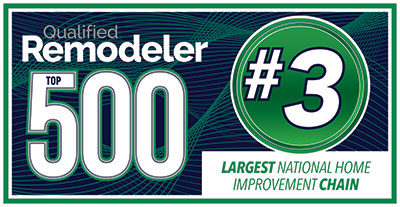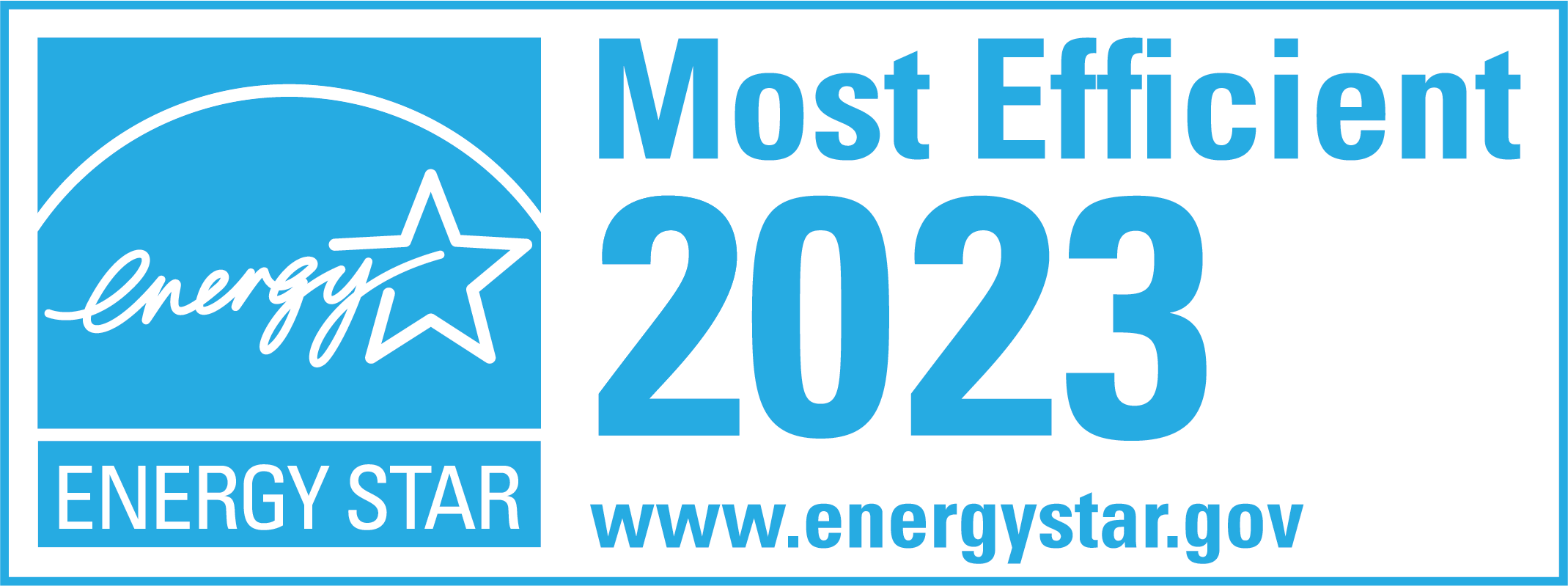Best Types of Glass for Replacement Windows
Are you in the market for new windows but don’t know which glass is the most energy efficient and provides the best ROI? Today we’ll be exploring some of the different types of high-performance glass available on the market and giving you an overview of their benefits. Whether it’s low-E coatings or insulating spacers, each type offers something to keep your home warm during winter and cool during summer -all while saving money on electricity bills. Keep reading to learn about the best replacement window glass options.
How to Choose the Right Glass for Your Home
Choosing the right glass for your home may seem daunting, but it doesn’t have to be. It all comes down to understanding your needs and the specific qualities of each type of glass. For instance, double-pane windows are great for insulation and reducing noise, while low-E glass is perfect for blocking harmful UV rays and keeping your home cool in the summer. Additionally, colored and frosted glass can add a decorative touch and enhance privacy. When choosing glass for your home, consider the climate you live in, the direction your windows face, and your personal tastes. With a little research and consideration, you can easily find the perfect glass to suit your home’s needs.
The Benefits of Insulated Glass
Are you looking for a way to save money on your energy bill while also improving the aesthetics of your home or office? Upgrading to Insulated glass might be the solution you need. This type of glass is designed with two or more panes of glass separated by a vacuum or gas-filled space. It can be annealed, tempered, or laminated. Its unique construction provides excellent insulation properties, preventing heat loss in the winter and heat gain in the summer. This translates to lower energy usage and costs, as you won’t need as much heating or cooling to maintain a comfortable temperature indoors. Additionally, insulated glass can help reduce noise levels and protect against harmful UV rays. Upgrade to insulated glass and start reaping the benefits.
Low-Emissivity (Low-E) Glass
Low-E glass is a highly effective, energy-efficient solution for modern windows. It works by reflecting heat back into a house during cold winter, preventing unwanted solar energy from entering a home and heating it up during the summer. With its ability to reduce solar heat gain and lower heating and cooling costs, it is no wonder that low-E glass has become a popular option in the construction industry. Not only does this type of glass save homeowners money on their energy bills, but it also contributes to the overall energy efficiency of buildings, making it a sustainable choice for those looking to reduce their carbon footprint.
How does Low-E glass work?
Low-emissivity (low-e) glass coatings are thin, virtually invisible coatings applied to the surface of glass windows to reduce the amount of heat that passes through them. These coatings are designed to reflect a significant amount of the sun’s heat and harmful UV rays back outside while allowing visible light to pass through. This means that in hot climates, Low-E windows can help keep the inside of a building cool by blocking the sun’s heat. In cold climates, Low-E windows can help keep the inside of a building warm by reflecting the heat generated by heating systems back inside the building. Overall, Low-E coatings can significantly reduce energy costs by reducing the heating and cooling needed to maintain a comfortable temperature inside a building.
Who makes Low-E glass?
Low-E glass, also known as low-emissivity glass, is an energy-saving glass that is becoming increasingly popular in homes and buildings. Unlike regular glass, which transmits heat, Low-E glass has a special coating that reflects heat back into the room, helping to keep indoor spaces cool in summer and warm in winter. But who makes this innovative glass? Low-E glass is produced by several major glass manufacturers, including PPG Industries, Guardian Industries, Cardinal Glass Industries, and AGC Glass. These companies use advanced technology to apply special coatings to the glass during manufacturing, allowing for consistent quality and energy efficiency. So, the next time you see energy-efficient windows, you can be sure that Low-E glass made by one of these industry leaders is playing a key role in helping to reduce energy consumption and save on utility costs.
Heat Absorbing Tints and Coatings
Heat-absorbing tints and coatings are an innovative solution for reducing the heat that enters a building through windows. These tints and coatings block the invisible infrared portion of the sun’s spectrum while allowing visible light to penetrate. This means that the temperature inside a building can remain comfortable while enjoying natural light. Additionally, heat-absorbing tints and coatings can help reduce energy costs by lowering the need for air conditioning and increasing the lifespan of furniture and window treatments by protecting them from sun damage. The benefits of heat-absorbing tints and coatings make them a smart choice for anyone looking to improve their energy efficiency and indoor comfort.
Argon or Krypton Filled Insulating Glass Units (IGUs)
Argon or Krypton Filled Insulating Glass Units (IGUs) are popular among homeowners looking to improve energy efficiency in their homes. These units provide an excellent barrier against heat transfer, lowering energy bills and increasing comfort. Argon, which is less expensive than Krypton, is the preferred choice for most applications. However, if you are looking for the ultimate in energy efficiency, Krypton is the way to go. With its higher density, Krypton can provide even better insulation than Argon. So, whether you choose Argon or Krypton, insulating glass units are a great investment in your home’s energy efficiency.
In closing
This post discussed the different types of glass available today and their benefits for energy savings and efficiency for North Texas homes. Low-E glass is excellent for keeping a nice, cool temperature in the summer because of its heat-reflective coating, while gas-filled windowpanes help keep out excess heat in the winter. Consider insulating glass units (IGUs) with argon or krypton gases that help improve insulation even further. All these features work together to create an environment where heating and cooling costs are drastically reduced. If you are looking for new windows for your home, take some time to research all four types of glass before making a purchase decision.
Call us at 214-399-9592 or submit a request for a free estimate.






